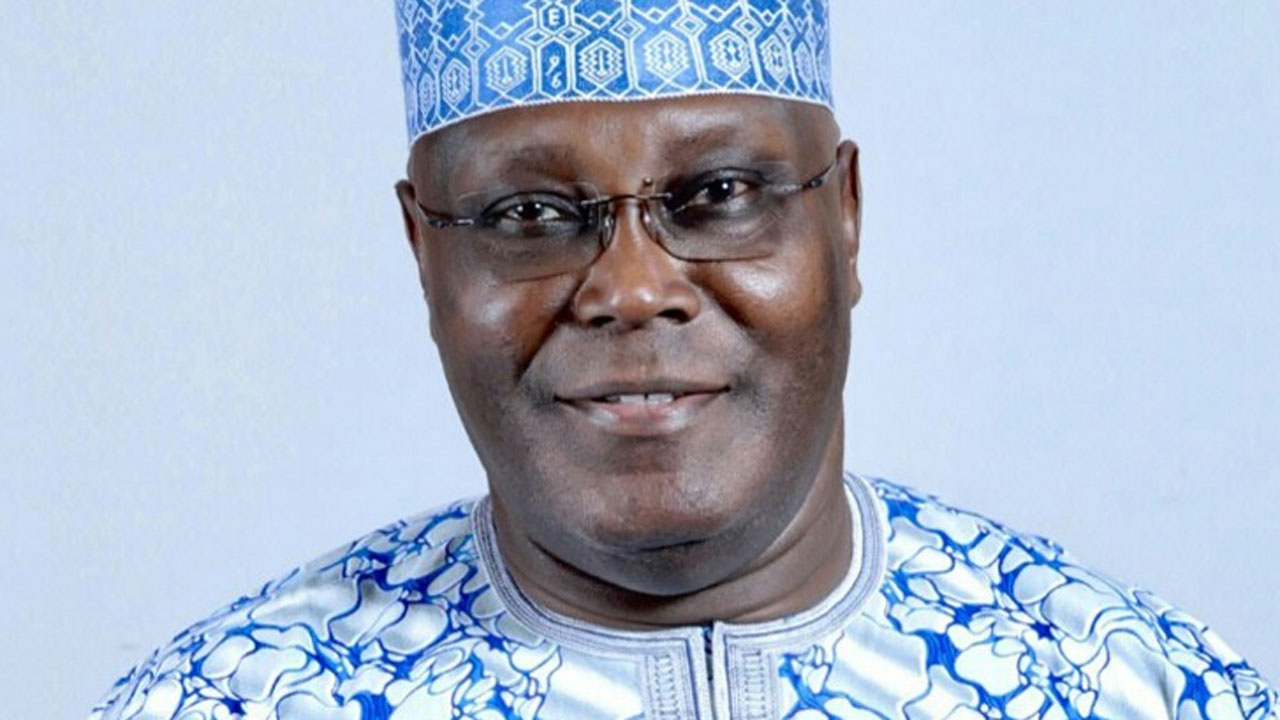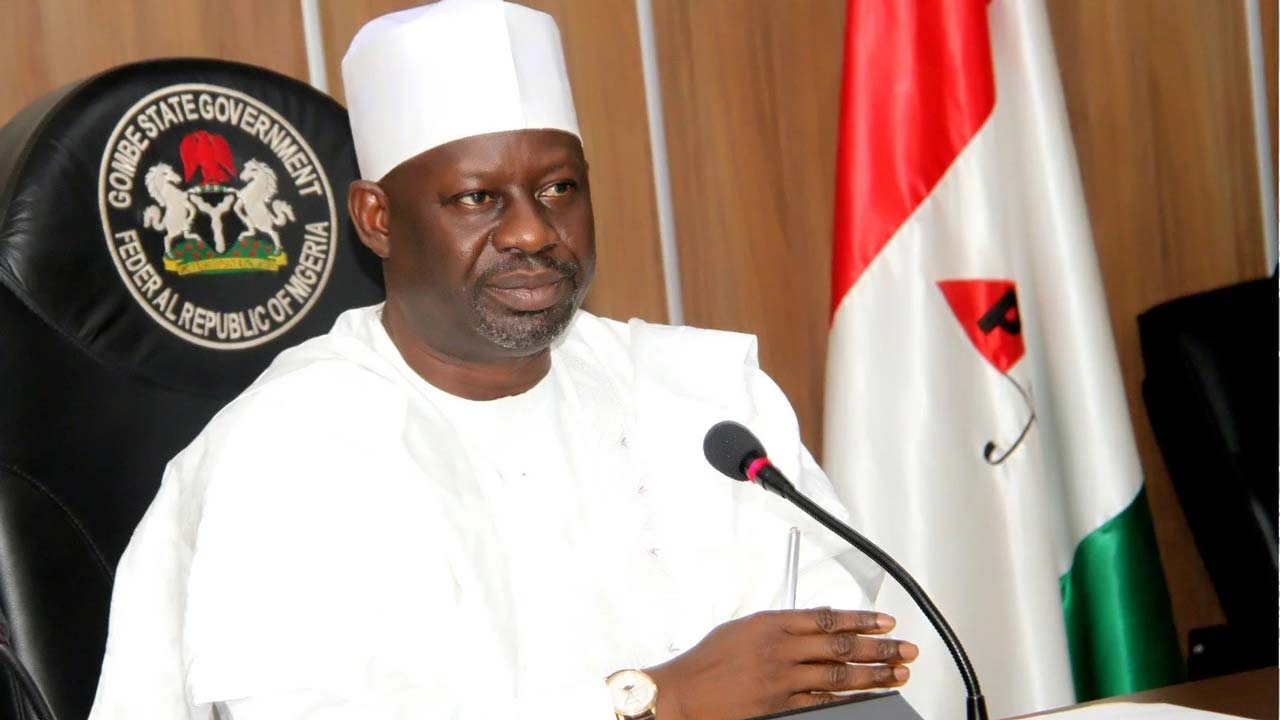 • Their strong, low points
• Their strong, low points
The forthcoming presidential primary of the Peoples Democratic Party (PDP) could be the party’s last trial and temptation on its path to rediscovery, rejuvenation and stability. But from the look of things, it appears the aggregation of multiple interests has made the party oblivious of how it passed through the valley of shadow of death.
Most lovers of democracy, particularly proponents of two strong parties, heaved a sigh of relief when the mainline PDP was announced triumphant in the life-threatening litigation over its leadership. It was in the euphoria of that legal reprieve that the hiccups over the December 9 and 10 convention held and returned a substantive national chairman in the person of Prince Uche Secondus, from the South-south geopolitical zone.
Many a PDP faithful glossed over the sophisticated argument about the morality or otherwise of denying the Southwest the benefit of micro zoning of the position. All those calculations petered out on the political arithmetic of having the chairmanship in a zone predominated by governors from the ruling All Progressives Congress (APC).
As the major opposition party prepares to organize a crucial presidential primary to choose its presidential standard-bearer, it is possible that those ancient demons that harassed the party in the recent past could come back to test the intellectual cum political sagacity of its leaders.
All the same, the return of former playmakers of the party and other high net-worth politicians, some of who have declared their intentions to contest the presidential seat on its platform, combine to form the new excitement for PDP.
Former Cross River State governor, Mr. Donald Duke, has sauntered off into the Social Democratic Party (SDP) where he hopes to continue his presidential aspiration. He has not disclosed in detail what he saw in PDP that either frightened or convinced him that it is not the place for him to chart a path for his political future.
Duke’s counterpart from Kano, Mallam Ibrahim Shekarau, citing what he called an unfair deal in the sharing of political positions between his supporters and those of the Senator representing Kano Central in the Senate, Senator Rabiu Musa Kwankwaso, has also retreated to the APC.
Many PDP stakeholders said the former Kano State governor was never fully settled in the party, stressing that even the manner in which he declared his intention to contest the presidential ticket left gaps that suggested superficial interest.
Prior to his largely anticipated exit, Shekarau had while commiserating with Bayelsa State governor, Henry Seriake Dickson, dismissed fears that the unwieldy number of presidential aspirants on the PDP platform could spark some hostilities. He said what mattered was how the process would be managed.
What is not clear however is why Shekarau always receives the short end of the stake during political negotiations. In 2014 he decamped also in protest after losing the APC structure to Kwankwaso. Barely a year to the 2019 general election, a similar development has taken place in Kano with Shekarau quitting PDP to his natural political habitat.
Was PDP right and Shekarau wrong? Could what happened during his formal reception by the APC leaders in Kano be seen as a correct gauge of who, between Kwankwaso and Mallam Shekarau, possesses greater following and charisma in the state? Why did Shekarau’s supporters disposed to leaving PDP than staying put to work with Kwankwaso for the forthcoming election?
Crowded aspirants
There is the belief in certain quarters in Kano that most people prefer a presidential candidate from the state to Buhari, whom they accuse of not doing enough to justify their hefty support in 2015. Yet, the fact that within the PDP, to which Senator Kwankwaso recently returned, there are more than a dozen aspirants could dampen the enthusiasm of the triumphant return of the restless members of the Kwankwasiyya Movement to the control of PDP structure in the state.
Despite its bright sides, the massive number of those gunning for PDP’s presidential ticket is enough to raise the red flag about the possibility of post-primary election recriminations. It could be this large numbers of applicants for just one slot that informed the decision of some outsiders, including Shekarau, to defect.
Would there be more defections? That is a question that should worry PDP as it prepares for a return leg presidential electoral combat with its rival, the ruling APC. That fact should also alert the former ruling party that nothing short of transparent, credible, free and fair primary could save it from second death.
Perhaps, it was in line with that reasoning that the chairman, PDP Board of Trustees (BoT), Senator Walid Jibrin, cautioned his colleagues against acts capable of prejudicing the chances of the aspirants, even as the immediate past President of Senate, Dr. David Mark, warned against imposition.
Gallery of aspirants: Their strengths, weaknesses
It is possible that the party would be challenged by such considerations as capacity to win the election and deliver on the mandate, to weigh the pros and cons of the aspirants as it selects the best candidate to square up with the presumptive presidential candidate of the ruling party, President Muhammadu Buhari, during the main election next February.
Atiku Abubakar
He is a former vice president and veteran presidential aspirant. Widely believed to have all it takes to prosecute and win the election, Atiku enjoys easy name and face recognition nationwide, just like Buhari during the 2015 poll. He has successfully raised restructuring as a campaign issue for the next election and outlined pathways to solving a myriad of national socio-economic challenges. His avowed intention to do just one term in office recommends him highly.
On the downside, the former vice president is accused of being an itinerant politician with a baggage of corruption perception.
Abubakar Bukola Saraki
Cuts the image of an urbane leader and imbued with democratic finesse. His ability to unite and enjoy the support the Eighth National Assembly, as well as efforts at preserving the separation of powers between the Executive and federal legislature are counted to his favour.
However, Saraki is perceived as a political opportunist driven by selfish interest. His ethnic origin, being neither core north nor belonging to the mainland Yoruba places a hefty political burden on his aspiration.

Ahmed Makarfi
A former national caretaker committee chairman of PDP, Makarfi came close to flying the PDP presidential flag in 2011, but lost to the designs of powerful elements in the party that preferred the late President Umaru Musa Yar’Adua. Senator Makarfi had an eventful tenure as Kaduna State governor for eight years. His outing as national caretaker chairman is also a plus.
He is associated with an alleged debilitating illness that could interfere with the responsibilities of a president, as well as a limited means to compete favourably against an incumbent.
Aminu Tambuwal
His emergence as Speaker of the Seventh House of Representatives was said to have offended PDP leaders in 2011. Yet that political progression played Tambuwal to the centre of national politics. His wide circle of contacts oiled by his stint as speaker is seen as strengthening his aspiration for the presidential post.
Sandwiched by former governors Bafarawa and Wammako and the role he was said to have played during the selection of Speaker of the Eighth House of Representatives in addition to claims of overambition are the low points of Tambuwal’s presidential chase. A lot of people doubt his ability to upset the incumbent.
Attahiru Bafarawa
Served purposeful eight years in office as governor of Sokoto State and reputed as a grassroots politician with bias for rural development and peace building.
Has limited name and face recognition nationwide. Crossing over from APC in 2014 after being displaced by his political godson, Senator Magatakarda Wamakko, tells on his presidential ambition. He is also weighed down by a tepid campaign for delegates.
David Mark
The former President of Senate is reputed to have stabilised the National Assembly after the tempestuous Olusegun Obasanjo era. He rides on the crest of rising Middle Belt consciousness and power rotation in the north. His experience in the armed forces is said to be among his strong points given the spiraling insecurity in the country, especially in his home state and the Middle Belt
But, Mark’s military background and as a Christian minority, coupled with his late entry into the presidential fray might work against him at the primary. He is said to have limited force to defeat the incumbent.
Datti Baba-Ahmed
The senator surprised many when he defeated former governor Makarfi in the 2011 Senatorial election for Kaduna north. Yusuf Baba-Ahmed, who has been executing a technical campaign, is being considered as one of possible compromise candidates.
However, he is said to be bogged down by low name and face recognition in addition to perceived elitist bent.

Ibrahim Dankwambo
Dankwambo is reputed to have done an excellent job in developing Gombe State and uniting the divisive ethnic populations. He has youth and academic accomplishments in his favour. As a team player, he is said to have the capacity to raise the financial resources necessary to prosecute the election against the incumbent.
However, the governor is bogged down by low face and name recognition, as well as lack of energetic campaigns nationwide.
Jonah Jang
Jang made national headlines when he emerged as the chairman of Nigeria Governors’ Forum after a controversial election that split the forum during the buildup to the 2015 poll.
The former governor of Plateau State, like Mark, is from the northern minorities and is bogged down by age and limited name and face recognition. He is said to lack the means and national reach to compete favourably against the incumbent.
Kabiru Tanimu Turaki
Turaki gained national acclaim during his stint as Minister of Special Duties and Inter-governmental Relations. He also headed a committee charged with investigating the circumstances surrounding the Boko Haram insurgency. The former minister also became visible during the PDP leadership crisis with his chairmanship of the forum of ministers. The forum has emerged as a powerful political action group pressing for Turaki as the compromise candidate.
Nonetheless, not having prior electoral experience or serving as governor, are some of the weaknesses ascribed to Turaki’s ambition.
Rabiu Kwankwaso
The Senator representing Kano Central succeeded in imposing his preferred candidate as successor after serving his final term as Kano State governor. Shortly after defecting from PDP to the newly formed APC in 2014, Kwankwaso contested the presidential and came second to Buhari in the party’s primary on December 6, 2014 in Lagos.
Kwankwaso had after that first attempt at contesting the presidential ticket used part of his past three years in the Senate to grow his Kwankwasiyya Movement around the country.
The Senator is accused of harbouring some fundamentalist ideals and being intolerant of opposing political views. He is also said to be burdened with limited national acclaim and low face recognition.

Sule Lamido
As former governor of Jigawa State, Lamido is long associated with presidential aspiration. A grassroots politician, he is credited with many populist programmes during his eight years as governor. His association with the Aminu Kano brand of politics endears him to the masses. He enjoys nationwide face and name recognition, having served as the national secretary of the Social Democratic Party (SDP), when M.K.O Abiola was believed to have won the presidential poll.
A case of money laundry slammed against him and his son is said to be a minus in Lamido’s reserved campaign for the presidency.
[ad unit=2]



